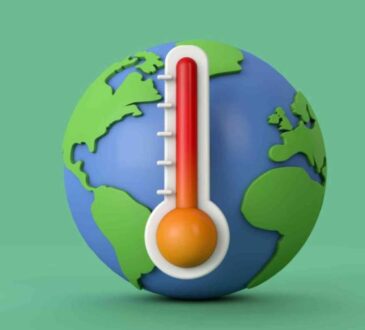COP15 urges world to ‘make peace with nature’ to avoid environmental disaster –
COP15 leaders have called for urgent agreement on the Global Biodiversity Framework in order to save and protect the natural world.
The UN Biodiversity Conference COP15 being staged in Montreal, Canada is calling for full and urgent implementation of its Global Biodiversity Framework that aims to conserve, sustainably use and rebuild the web of life.
“The Global Biodiversity Framework will need to be delivered in full, urgently and across all of society,” said Inger Andersen, under-secretary-general of the UN and executive director of the UN Environment Programme, at the opening of the conference. “This means agreeing at the COP on sufficient resources, and on ensuring greater transparency on progress that must be made in implementation. We have but a few days to act decisively and with principle. Action must be bold, not bracketed – so we have to get the deal done.”
COP15 will cover a range of urgent environmental topics that impact the natural world, including Food Systems, Land Use and Restoration, Sustainable Forest Management, Sustainable Cities, Climate Change Adaptation and International Waters.
Reinforcing the objectives of COP15, UN secretary-general António Manuel de Oliveira Guterres said: “We cannot afford to continue thrashing a path through the fragile web of nature and biodiversity to clear the way for human development. Species, ecosystems and the benefits that they provide, upon which we all depend, are degrading and slowly dying. The loss and degradation of biodiversity comes with a cost we measure in not just dollars but in livelihoods, hunger, disease, vulnerability, well-being and deaths.
“We did this to ourselves. But this COP is our chance to start protecting and repairing the web of life.
“At this meeting, we need to see an ambitious and effective post-2020 Global Biodiversity Framework, with clear targets and benchmarks. A framework that faces down the five horsemen of the nature apocalypse, defined by IPBES: changing land- and sea-use, over exploitation of species, climate change, pollution and invasive non-native species:
“That deals with the underlying drivers of biodiversity loss: including harmful subsidies, misdirected investment and unsustainable consumption and production;
“That delivers for everyone, everywhere: indigenous peoples and local communities, urban populations, and those whose livelihoods depend directly on the sustainable use of nature;
“That helps address the wider triple planetary crisis of climate change, nature and biodiversity loss, and pollution and waste, and that recognizes sovereign and traditional rights and the wider values of biodiversity. That ensures the equitable sharing of benefits from the use of genetic resources, whether through digital sequence information or otherwise.
“The negotiations must succeed here at COP. If the web of life falls, we will fall with it. But if we shore it up and make it stronger, it will carry the full weight of humanity for centuries to come.”
The objective of the Conference is to adopt the post-2020 global biodiversity framework. Draft One of the framework, released in July 2021, builds on lessons learned from the Strategic Plan for Biodiversity 2011-2020 and its Aichi Biodiversity Targets. It recognizes that urgent policy action globally, regionally and nationally is required to transform economic, social and financial models so the trends that have exacerbated biodiversity loss will stabilize by 2030 and allow for the recovery of natural ecosystems, with net improvements by 2050.




